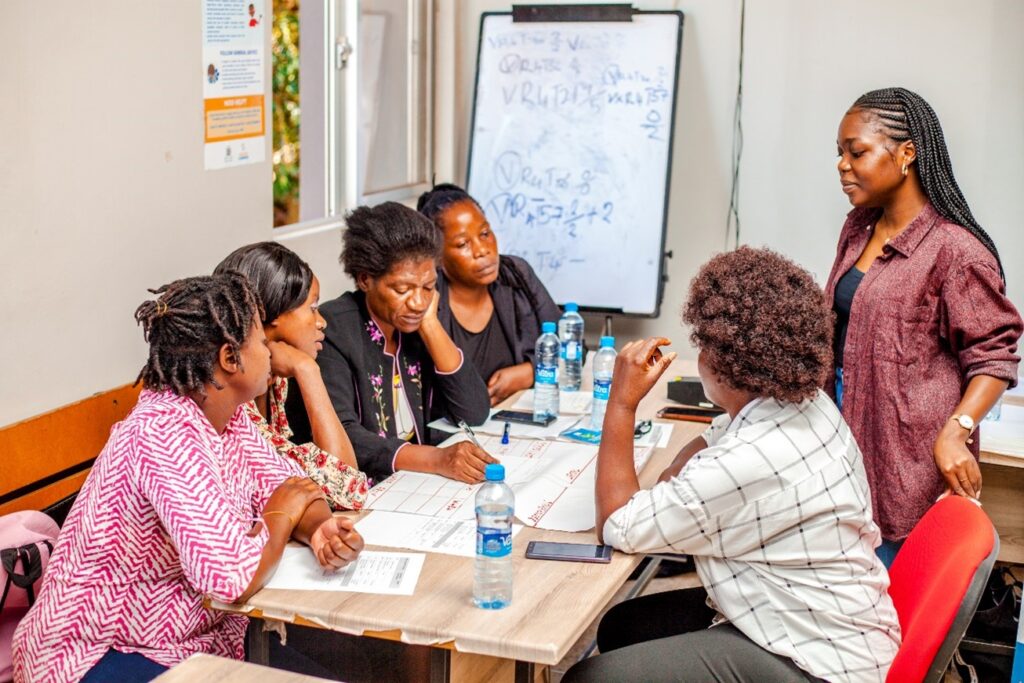ICARS is pleased to announce that we have selected The School of Public Health, University of the Western Cape in South Africa to undertake a new project to develop guidelines to facilitate Responsive Dialogues to tackle AMR in Low-and Middle-Income (LMIC) settings.
The `Responsive Dialogues on Drug Resistant Infections´ approach was developed by Wellcome to support Public Engagement and community leadership. The Responsive Dialogues ‘toolkit’ has been piloted in Thailand and Malawi in the context of AMR to generate solutions for addressing Antimicrobial Resistance (AMR) that are grounded in local realities and embrace ideas and views from the public.
Guided by the Responsive Dialogues toolkit and supported by Wellcome, ICARS is currently partnering with Eden University in Zambia on a project which carries out Responsive Dialogues to identify contextually relevant solutions to mitigate AMR in the context of Urinary Tract Infections (UTI). The project complements another ICARS project that aims to improve antibiotic prescription practices for treating UTIs and blood stream infections in selected Zambian healthcare facilities via an antimicrobial stewardship programme
Drawing on the lessons learnt from Responsive Dialogue pilots in Malawi, Thailand and Zambia, this newly announced project will build on the Responsive Dialogues Toolkit to develop guidelines and complementary training modules for facilitating Responsive Dialogues on addressing AMR. The purpose of the guidelines is to make the process for facilitating ‘Conversation Events’ – which are at the core of the Responsive Dialogues approach – clearer, more accessible, streamlined and relevant to a range of stakeholders in LMIC settings. This project will use participatory and multidisciplinary approaches, drawing on a diverse project team and key stakeholders from health, agriculture, and environment sectors – embracing the One Health concept to address AMR priorities.

Speaking about the upcoming project, Dr Hazel Bradley, Team Lead and Co-Principle Investigator said:
“The School of Public Health, University of the Western Cape has since its inception focussed on the importance of recognising, profiling and strengthening community capacities and resources and within its purpose has noted that public health policy and practice should be influenced and informed by active communities. We look forward to working in partnership with ICARS and Wellcome to work on these guidelines to further enhance community engagement in tackling AMR, particularly in LMICs.”
This project is underway and will be ongoing until September 2023.

Banner image credit: Chilenje participants during one of the conversation events in Lusaka, Zambia, Framaja Photography

